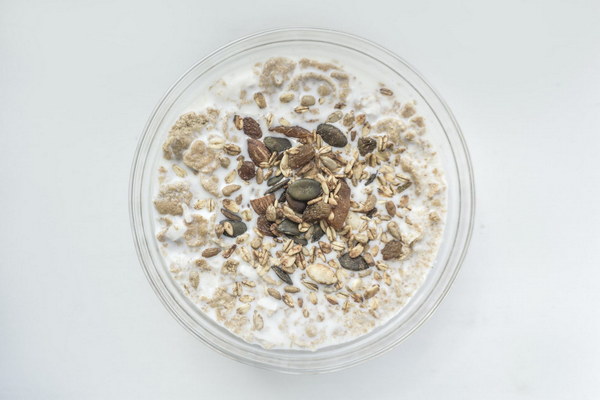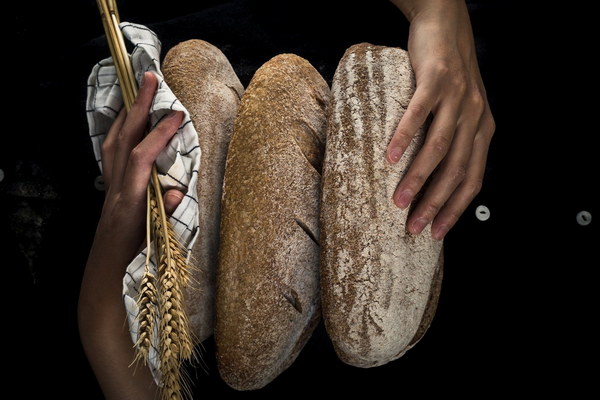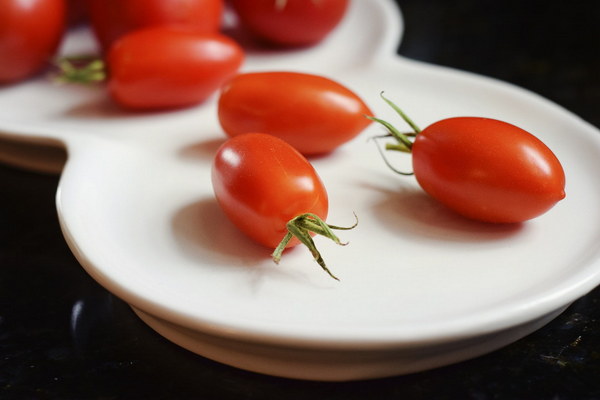Nurturing the Kidneys A Comprehensive Guide for Elderly Wellbeing
As we age, our bodies undergo various changes, and it becomes increasingly important to pay attention to our health and well-being. One of the most crucial aspects of elderly health is the maintenance of kidney function. Kidneys play a vital role in filtering waste products from the blood, maintaining fluid balance, and regulating blood pressure. In this article, we will explore the importance of kidney health for the elderly and provide practical tips on how to nurture the kidneys for a healthier life.
Introduction
The kidneys are two bean-shaped organs located on either side of the spine, just below the rib cage. They filter about 200 quarts of blood each day, removing waste products and excess substances from the body. As we age, the kidneys may become less efficient, which can lead to kidney disease. According to the National Kidney Foundation, kidney disease is more common in older adults, and it is a leading cause of chronic kidney disease (CKD) in the United States.
Importance of Kidney Health for the Elderly
1. Improved Quality of Life: Maintaining kidney health can help prevent complications that can significantly impact an elderly person's quality of life, such as heart disease, high blood pressure, and anemia.
2. Reduced Risk of Chronic Kidney Disease (CKD): Regular kidney check-ups and adopting healthy habits can reduce the risk of developing CKD, which can progress to kidney failure and the need for dialysis or a kidney transplant.
3. Enhanced Mental Health: Kidney function is closely linked to mental health. Poor kidney health can lead to cognitive decline, while maintaining good kidney function can help preserve mental well-being in the elderly.

Tips for Nurturing Kidneys in the Elderly
1. Stay Hydrated: Drinking plenty of water helps maintain kidney function. Aim to drink at least 8 to 10 glasses of water daily, and more if you are physically active or live in a hot climate.
2. Follow a Healthy Diet: A balanced diet rich in fruits, vegetables, whole grains, lean proteins, and healthy fats can promote kidney health. Avoid high-sodium, high-protein, and high-potassium foods, as they can strain the kidneys.
3. Limit Alcohol and Caffeine: Excessive alcohol and caffeine consumption can harm the kidneys. Limit alcohol intake to moderate levels and reduce caffeine consumption, especially if you have kidney problems.
4. Exercise Regularly: Regular physical activity can improve kidney function, reduce the risk of kidney disease, and help maintain a healthy weight. Aim for at least 150 minutes of moderate-intensity aerobic exercise or 75 minutes of vigorous-intensity exercise weekly.
5. Manage Chronic Conditions: Conditions like diabetes, high blood pressure, and heart disease can harm the kidneys. Work with your healthcare provider to manage these conditions effectively.
6. Regular Kidney Check-ups: Schedule regular kidney check-ups to monitor kidney function and detect any signs of kidney disease early.
7. Avoid Over-the-Counter Medications: Some over-the-counter medications, such as pain relievers, can be harmful to the kidneys. Consult with your healthcare provider before taking any new medications.
Conclusion
Nurturing kidney health is essential for the elderly, as it can significantly impact their overall well-being. By adopting healthy habits, managing chronic conditions, and staying hydrated, older adults can reduce the risk of kidney disease and improve their quality of life. It's important to remember that maintaining kidney health is a lifelong commitment, and regular check-ups with a healthcare provider are crucial to ensure optimal kidney function.









